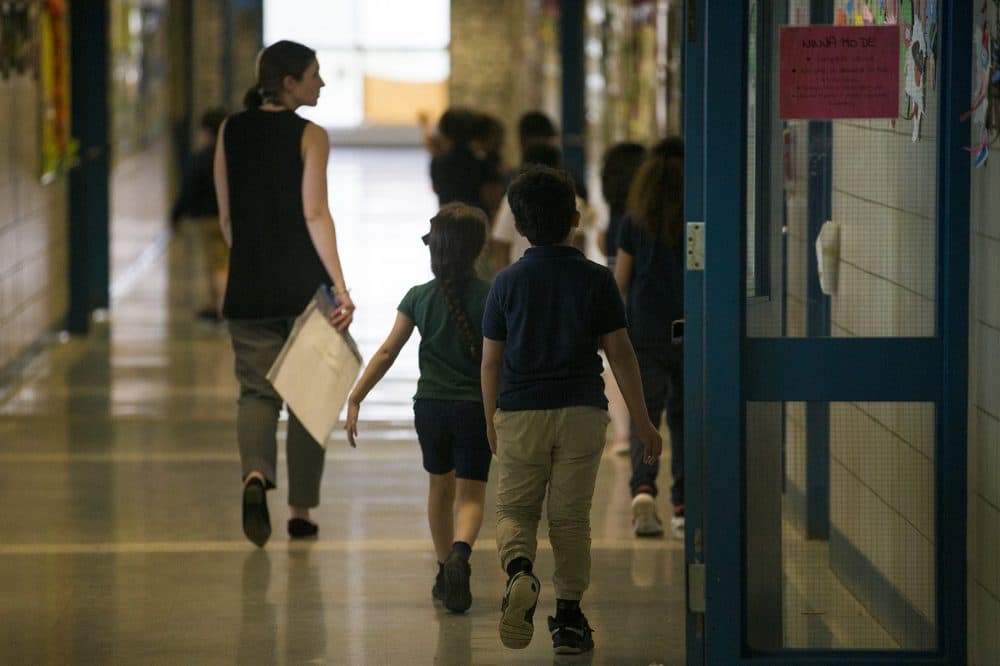Advertisement
Pass/Fail
Is The MCAS Helping Or Hurting Education Equity?

Since the MCAS was introduced to the state in 1993, it has been both credited with helping make Massachusetts schools some of the best in the nation and perhaps exacerbating the very achievement gaps it was meant to close.
Over the past 10 years, data has shown that about 40 percent of English language learner (ELL) students, score in the category of "needs improvement" or worse; 22 percent of Latino students also continue to struggle, along with 16 percent of African-American students, 19 percent of economically disadvantaged students and 32 percent of students with disabilities. That's compared to roughly 5 percent of white and Asian students who need improvement or are failing.
So, does the MCAS hurt or help?
Guests
Dr. Ricardo Rosa, educational leadership and policy studies assistant professor at UMass Darmouth and parent activist.
Keri Rodrigues, Founder and Mom-in-Chief of f Massachusetts Parents United. She tweets @radiokeri.
This segment aired on June 19, 2018.

